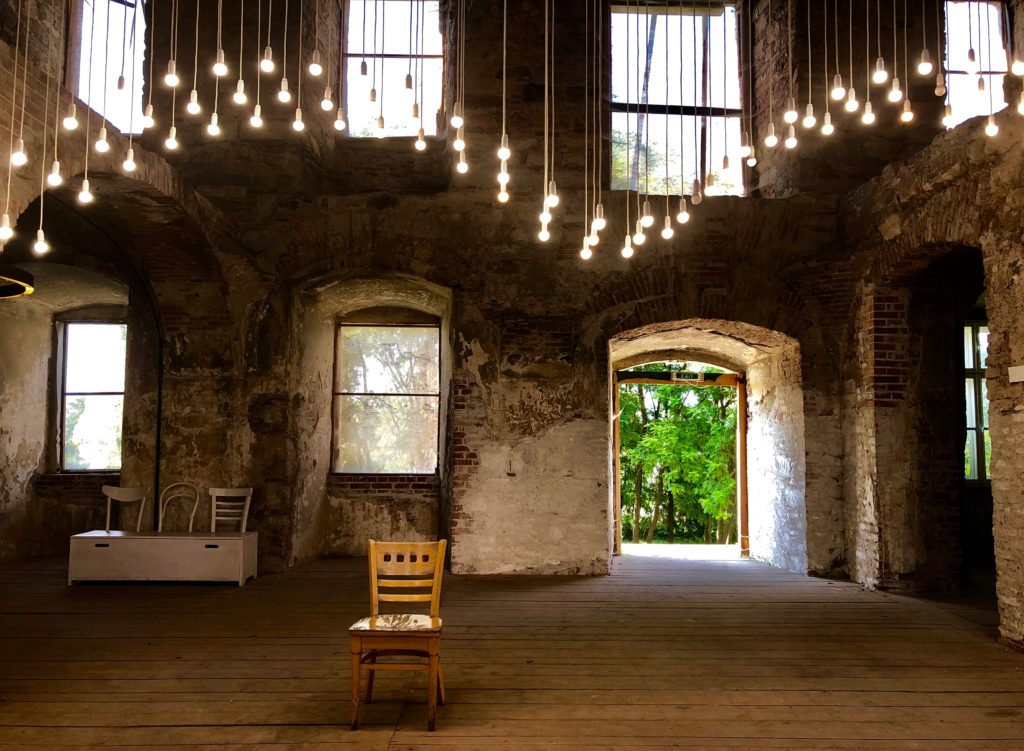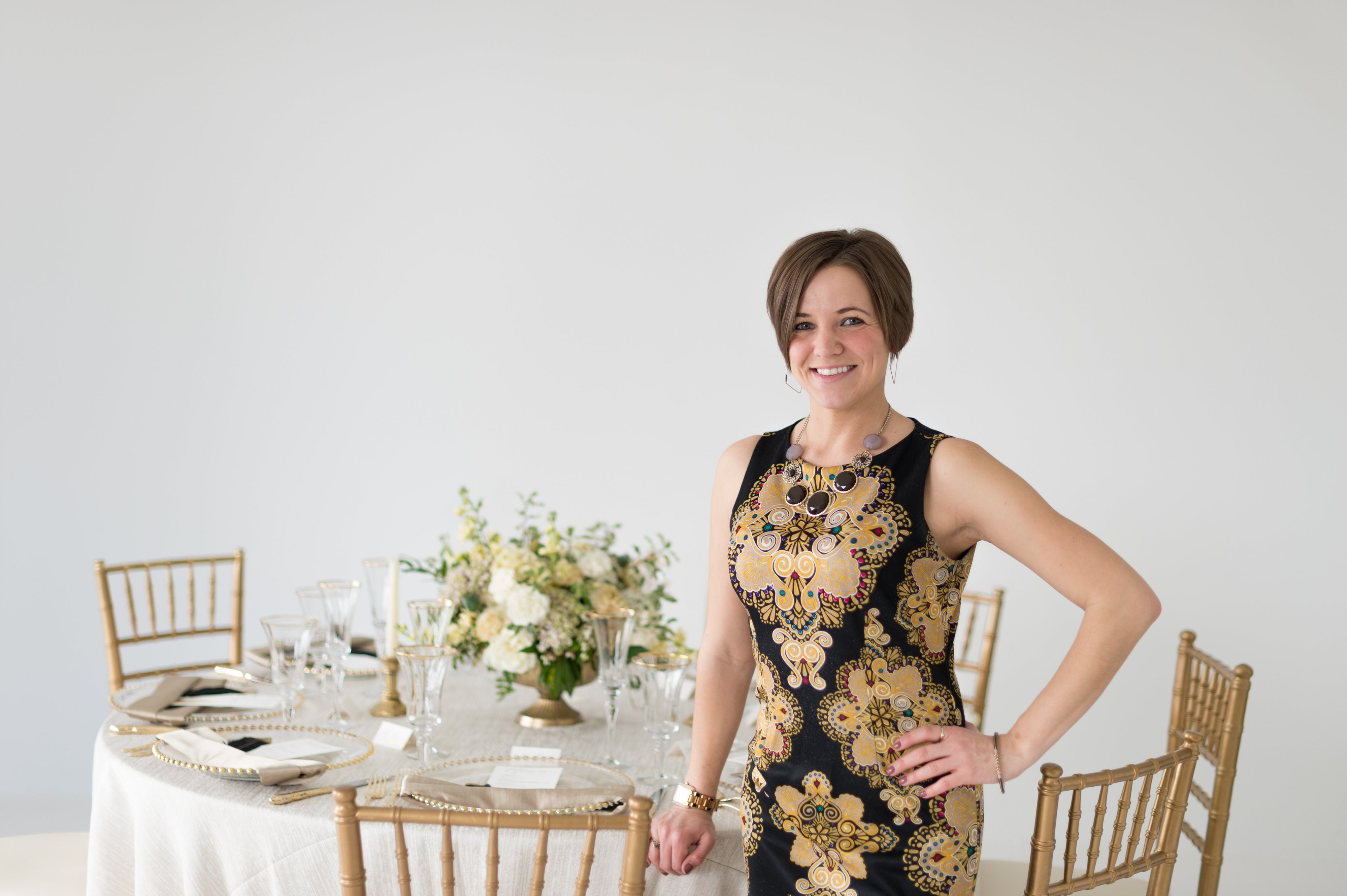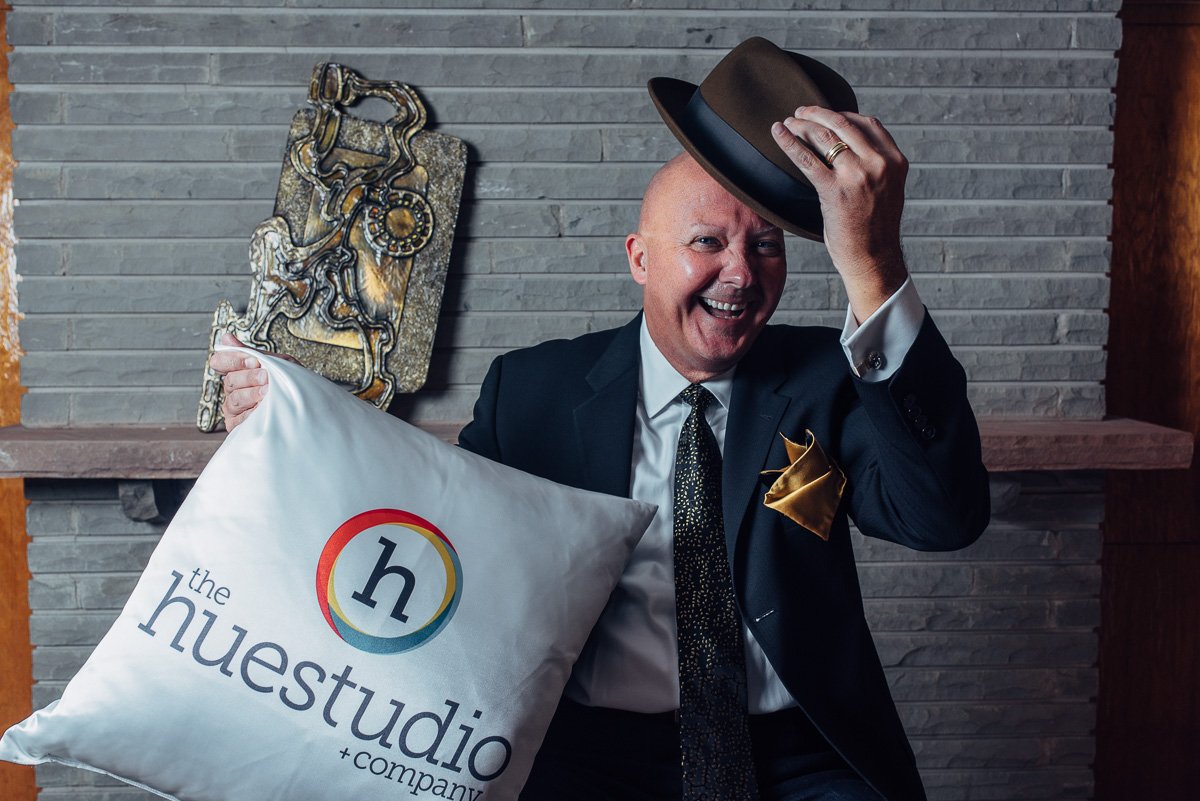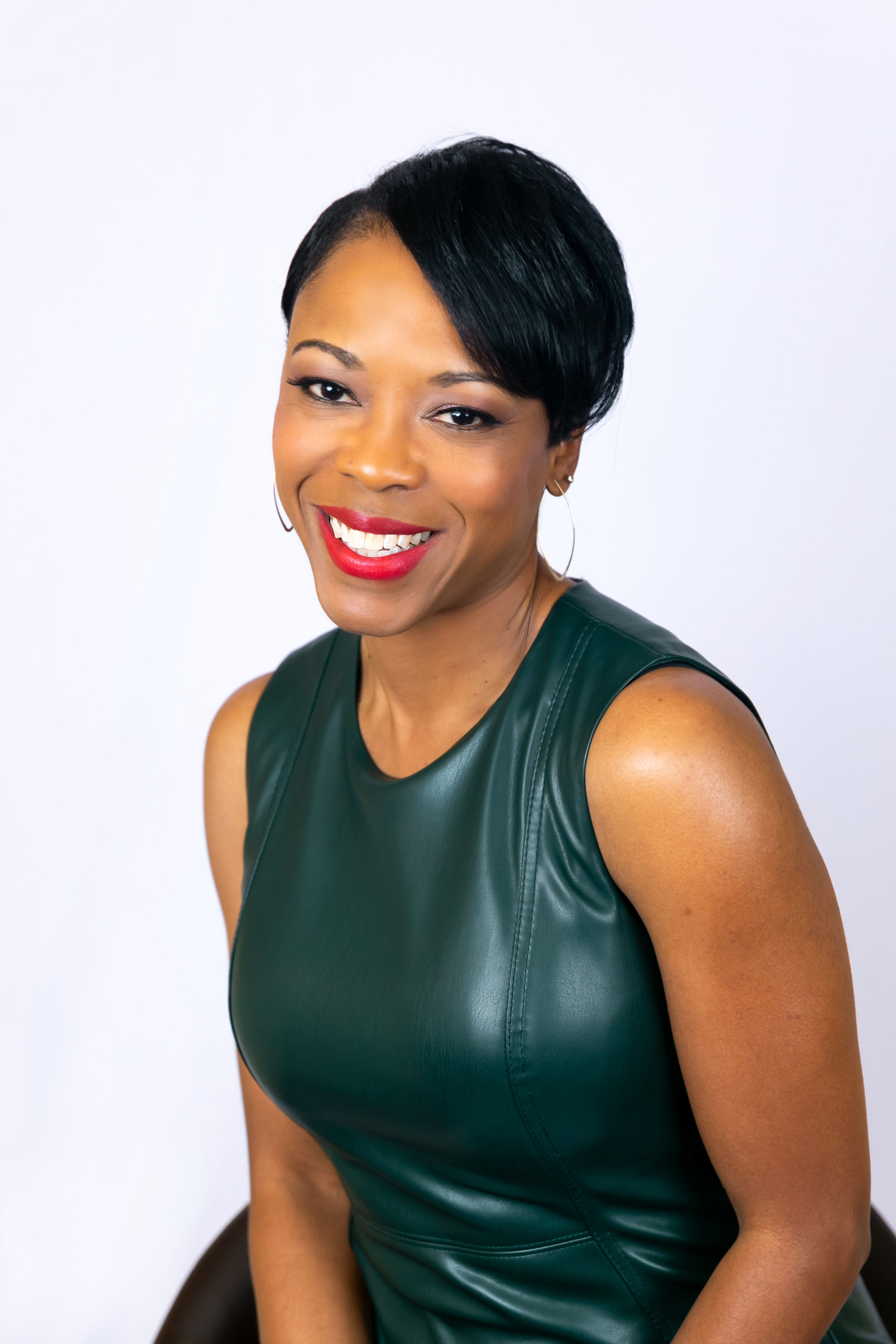“What are the most important factors to consider when choosing a venue for an event?”

All of your vendor selections should align with your Style, Fit & Budget...including your Venue!
- Style is the general aesthetic of the space. Does it have the feel, the atmosphere, the vibe you are looking for?
- Fit is generally used to describe if the vendor is a good personality “Fit” for you. The planning process should be a fun process so you’ll want to work with people that you like and trust! In the venue selection process this can also be used to describe the actual size of the space and if your guest list can be accommodated or “fit” into the space comfortably.
- Budget is all about numbers – can you afford the space you are looking at and are you comfortable spending that amount for the venue line item in your budget. Do consider what is included and what is not included. You don’t want to overspend on a venue where you have to bring everything in a la carte (tables/chairs/china/etc) but if a venue is at the top of your budget and does include these “extras” that may be a bit of a bonus!
- Guest Experience: How do guests arrive to the venue? Is there parking? Is security included? Are there other events or weddings happening at the same time? How do guests flow through the space from ceremony to cocktails to reception and dancing? Are there an appropriate amount of restroom facilities? How far is the kitchen from the dinner service areas?
- Rain Plan: Does your venue have a good back up plan in case of poor weather? Do you love it? If you don’t like the rain back up plan – are you okay with the possibility of your ceremony or reception being in the indoor or covered space? Does it cost additional to tent or heat/AC the space?
- Exclusive Vendor List: Does the venue require you to work with specific vendors? If so, do a little research to ensure you align with the other vendors you are required to work with. Do they also fit your Style – Fit – Budget parameters?
The backdrop or setting for your event may be the most important factor when choosing a venue.
There are a myriad of factors to consider when choosing a venue. This topic could be discussed for days, but we don’t have that kind of time! So, in expedited fashion, here is a quick top 5 to ponder when choosing your event venue:
1. Backdrop – The backdrop or setting for your event may be the most important factor when choosing a venue. It sets a tone for the entire event and it needs to reflect the feel and ambience you’re looking to achieve. For example, does a unique cultural venue like a museum or art gallery fit best for the event? What about a hotel ballroom or winery? Each venue type presents its own unique elements – for better or worse – and it’s your job to choose which is most appropriate.
2. Capacity – Does the venue suit the size of your group? It’s important to find that “Goldilocks” point where the venue space works nicely for your crowd. If the venue is too big for the group, the atmosphere is lost. If the venue is too small, guests will be elbow-to-elbow and things will bottleneck.
3. Cost – This one is pretty self-explanatory. Does the cost of the venue rental work for your budget? And be sure to look into additional charges around staffing costs, electrical, food & beverage minimums, security, etc… These costs tend to get overlooked, but creep into the final bill in an often surprising manner.
4. Location – Where exactly is the venue located and is it easy for guests to access? Also, is there ample parking and/or public transportation available? Remote venues can be interesting and intriguing, but they may pose logistical problems. Be sure to consider how the physical location of the venue may play a role in the overall event plan.
5. Amenities – What does the venue include in the cost and what needs to be brought in (requiring additional costs)? Physical items such as tables, chairs, linens, dance floor, and coat racks may be provided, or they may need to be brought in. Other intangibles like staffing and electrical may or may not be included with the venue rental. Find out what’s included (and what’s not included) before confirming the event space.
As mentioned, there are many other factors to consider beyond these, and they should all be assessed before making a final decision. But these 5 factors listed above represent a significant portion of the decision-making when looking to secure the perfect venue for your next event.
I love it when they come to me from the get-go, as I love helping them find a hidden gem of a venue that they might not have known about.
- Feel – are you looking for indoor or outdoor? Do you want a formal ballroom feel, something historic, something quirky, gardenesque, etc.
- Guest count – how many guests are you inviting? From there, we decrease the invited guest count by a standard 20% attrition to base the venue size off of their high level guest count.
- What are top priorities? Are there any must-haves that the venue needs to meet such as lots of complimentary parking, any on-site amenities, any architectural elements, etc.
- Catering – Are you open to looking at both in-house or venues that allow off-site catering? Is one more of a priority over the other.
- Budget – Since venue costs can swing wildly based on location and what’s included within the venue, it’s important to know what their comfort level is within the budget. Typically, a good rule of thumb is the venue and catering should take up 50% of the overall budget.
- Location – How far out of a main city are you willing to look? Are you open to a destination wedding? In our area, this could mean multiple ferries and lots of driving to get to a venue.
If you are currently in the process of planning your destination wedding, you're in luck - this is your blueprint for an effective planning experience!
Excerpted from “Destination Wedding Planning: The Venue Selection Process” on the Meggie Francisco Events’ Blog:
Destination wedding planning offers unique challenges, which is why I love it. To master these demands, I follow a very specific process for planning destination events. Today, I am proudly sharing what I’ve learned with you! If you are currently in the process of planning your destination wedding, you’re in luck – this is your blueprint for an effective planning experience!
STEP ONE: OPEN TOUGH CONVERSATIONS ABOUT WEDDING BUDGET
Talking about money is never easy, especially when it involves high emotions and large expenses (as wedding days often do). Determining a wedding budget is also difficult because couples have no idea what things will actually cost. They don’t know what they don’t know!
STEP TWO: GET YOUR MINDSET IN ORDER
If you’ve traveled a lot, you know that quips about “cultural differences” and “island time” are a real thing. While in the U.S. we regularly work 50+ hour weeks, and we have workplace standards of quick turnaround times and responses, not everyone in the world lives this way. In fact, even some areas of the U.S. are more laid back than others – this is not just a difference between countries.
I’m here to tell you that your destination planning experience will only be enjoyable if you recognize upfront that communication will be (not probably will be – just will be) slower.
STEP THREE: FIRM UP YOUR GUEST LIST
Once you’ve determined your rough budget and committed to a healthy attitude about destination wedding planning, it’s time to firm up your guest list. That means consulting with everyone who has a say in the list (especially parents) and putting real names in a spreadsheet – all of the real names. It is vital to complete this step before moving forward. However, don’t start calling people for addresses. Until you really understand more specifics about your location and budget, you may find you need to cut this list (way) back.
When we work with clients, we will not allow them to research specific venues until they have sent us a guest list. This discipline makes a big difference in the planning experience.
STEP FOUR: IDENTIFY YOUR DREAM DESTINATION
By “Dream Destination,” I do not mean the exact all-inclusive resort or private villa where you will exchange vows. I mean the general region where you would like to host your event. Some questions couples should consider to pick the best destination wedding region include:
-
Are you comfortable with the language(s) spoken in this area?
-
Does this region have the types of accommodations you would like for your guests?
-
Are you excited about the ambiance of this area?
-
Are you comfortable with asking wedding guests to do what it takes to get to this region?
-
Can this region accommodate your health and safety needs?
-
Does this region fit the rough budget expectations for you and your guests?
-
Does this region work for the time of year that you want to get married?
STEP FIVE: INVESTIGATE SPECIFIC LOCATIONS & DO A SITE VISIT
This is when destination wedding planning gets real. At this stage, I may consult with a travel agent who specializes in the locations and types of properties that my couple is considering. I pull travel costs and budget numbers for different options that accommodate the clients’ vision, so our couple knows approximately what their guests will pay for the trip and what the basic wedding costs will be for food, beverage, and venue fees.
After identifying the 2 to 3 top picks, a site visit is vital.
STEP SIX: INVESTIGATE ALL WEDDING COMPONENTS
My destination couples find that we do a LOT of planning before we ever sign a venue contract. That’s for good reason because destination venue contracts are very different from local venue contracts.
In many cases with destination weddings…the venue has quite a bit of control over your whole team, especially in the case of all-inclusive resort weddings. You must find out costs and vendors for all the items you’ll want before you sign the venue contract.
STEP SEVEN: SIGN THE CONTRACTS
After you’ve done your research on all components of the wedding (and not a moment sooner!), you are ready to sign your contract. At least two contracts will be involved: Your wedding contract, and your room block contract.
Verify that your wedding contract states in writing all the agreements that you reached regarding venue provisions and vendors. The person you work with on the contract may not be the same venue coordinator for your wedding, and the on-site venue coordinator may change between the time you sign the contract and the day you marry. Anything you don’t have in writing on the contract may not be honored. If you absolutely can’t get something to be added to the contract, at least make sure you have it in writing via email. Assume that all verbal agreements never happened.
Read Meggie’s full blog post at http://www.meggiefranciscoevents.com/blog/destination-wedding-planning-venue-process.
The more your venue matches your style, the less you have to do with decor and specialty items to transform it!
When choosing a wedding venue there are so many factors to consider! First and foremost, how many guests will you be inviting to your wedding? Will the venue you are interested in be able to accommodate your guest count? When considering size…it’s not just about being big enough, you don’t want it to be too big either. If you only have 100 guests and the room accommodates 300-400 people, the room can feel empty.
Another factor to consider, Your budget. Does your dream venue fit into your budget? You don’t want to spend your entire budget on your venue and not leave anything for entertainment or your photography. Do yourself a favor and not even include venues way outside of your budget. It will only lead to disappointment.
Location is important as well! If your ceremony and reception are in two separate locations, make sure they are close enough together. When the distance is an hour or more apart, it can lead to an inconvenience for your guests and finding transportation. Also, ensure there are accommodations nearby for out of town guests as well as guests who are not able to drive.
Lastly, another factor to consider is style. What style of wedding are you going for? Modern, rustic, vintage, formal, informal? These are some things to consider when trying to narrow down your venue search! There is a big difference from a hotel wedding to a barn wedding. So decide your style or theme first before you select your venue. A side note, the more your venue matches your style, the less you have to do with decor and specialty items to transform it!
If you choose a venue with a beautiful design and ambiance that matches your event, you won’t need to spend as much on décor, which can be a significant portion of the budget.
Three factors to consider when choosing a venue for an event:
Style/Decor
Besides the obvious (rental price), the style and décor of the venue is a high priority on the list of factors to consider when choosing a venue for your event. If you choose a venue with a beautiful design and ambiance that matches your event, you won’t need to spend as much on décor, which can be a significant portion of the budget.
Layout
A venue can look gorgeous, but is it also functional? Considering the layout and floorplan of the venue will significantly impact logistics and the flow of traffic for your event, so it’s important to note things like the location of bathrooms, bars, and outlets for equipment.
Parking
Parking may not be important to everyone, but it’s definitely a nice touch to have it. Does the venue have a private parking lot, valet, street parking or no parking available? If parking is not available, you may need to consider alternatives like renting shuttle transportation, reserving parking lots nearby or encouraging rideshare and spreading the word about it.
Every event experience is uniquely different and our team aims to select the perfect venue that is enchanting, cost-effective and memorable.
While every event experience is unique and special, our team initially focuses on three assessments to begin planning and defining appropriate venue options for personal and corporate clients.
1. Numbers + Numbers: Our team desires every guest to feel comfortable, warmly welcomed and space to move about freely. Therefore, accurate, projected guest numbers, plus clearly defined budgets are critical to narrow down potential venue sites.
2. Location + Accessibility: Our team often stretches boundaries with creative locales and innovative venues, including exotic destinations. Celebrated past events have included celebration spaces in historic theatres, aircraft hangars, horse farms, and auto body/mechanics workshops, just to name a few. Securing safe, well-lit guest parking, access to public transportation and available on-site, complimentary transport such as golf carts, trolley’s or horse-drawn carriages are key factors for larger events.
3. Amenities + Services: Our team searches for and plans numerous options and creative alternatives due to inclement weather, excessive heat, etc. These may include venues with retractable roofs and doors, botanic gardens with shaded, covered areas, branded umbrellas and unique, portable culinary options such as rotary sushi bars and interactive brand ambassadors serving champagne and fine wines.
Every event experience is uniquely different and our team aims to select the perfect venue that is enchanting, cost-effective and memorable.
Budget, location, and accessibility are the top 3 most important, no matter what type of event it is.
No matter what type of event you’re planning, choosing a venue is the one decision that will have the biggest impact on the overall success. Start with understanding the purpose and the goal of the event and then develop your strategy around that. For example, a corporate meeting that wants attendees to focus is better suited for a more traditional space without a lot of distractions. On the other hand, an incentive program encourages attendees to relax and have fun so a venue that caters to that would be ideal. Knowing the purpose and goals of the event, you can match up a venue with those specifications.
It goes without saying, budget is usually the #1 deciding factor when it comes to picking a venue. Being transparent with your event requirements and budget will help eliminate venues that won’t work, so you don’t waste time. Also, reading the contract and terms helps you be conscious of what costs might be added on in the future should your requirements change.
The venue location is also a major influencer. If the venue is somewhere far, hard to find or requires transportation, there’s a chance your guest count will suffer. Even if the venue is walkable, always make sure you do the walk during the site visit to get ahead of any potential problems. In Las Vegas, we have mega-resorts and sometimes even if the venue is next door it could take 20-30 minutes just to get there.
Accessibility tends to be the factor most overlooked. Before signing on the dotted line, try to experience the venue from the point of view of the guest, staff, as well as vendors. Good things to pay attention to are local events that may affect traffic conditions, elevator capacity/speed, directional signage, and loading dock access.
There are a lot of details to consider when it comes to picking the perfect venue. Budget, location, and accessibility are the top 3 most important, no matter what type of event it is. Keeping those at the top of the list will always filter out incompatible venues, quickly.
The venue is the skeleton for the entire event, so if the choice you make is not quite the right fit, it will be a million times harder to pull off your vision.
Selecting the perfect venue is one of the most important decisions you will make for your wedding. The venue is the skeleton for the entire event, so if the choice you make is not quite the right fit, it will be a million times harder to pull off your vision.
Whatever concept, look and feel you have in mind for your wedding, your venue should encompass all of it from the moment your guests get to the front door. And when you have that perfect venue – there is way less work you have to do as far as selecting decor. A beautiful space does not take much to make that statement look you are going for.
When choosing a venue you need to rank your priorities.
When choosing a venue you need to rank your priorities:
Space – Do your guests fit comfortably?
Location – Does it work with the overall weekend plans and the out of towners?
Food Quality and Service – There definitely is a wide variety in this category.
Of course, your budget is a big consideration because some venues offer a lot and others don’t.
First and foremost is budget.
When choosing a venue for an event, there are many factors to consider. First and foremost is budget. Do you have enough overall to include this into your budget? What does it include? Are rentals included? Tabletop rentals?
Next, consider your guest count. If the budget won’t work, try lowering your guest count. If the guest count won’t work, lower your guest count ?.
After, consider the overall value of the space – again, what does it offer that other places may or may not have?
Finally, trust your gut and go with it. If you are in LOVE with a space/venue and know it’s perfect for you, go with it. If you have hesitations, you may need to go back to the drawing board.
When choosing a venue for your wedding and event, make sure you have a clear understanding of how much you can spend.
When choosing a venue for your wedding and event, make sure you have a clear understanding of how much you can spend. Speak with all the stakeholders to learn about their financial contributions.
Secondly, create a list of invitees. You should be able to provide an approximate guest count when booking a space.
Last, learn about the amenities the venue provides (tables, chairs, linens, etc.). This will help immensely with your budget as well as selecting vendors.












